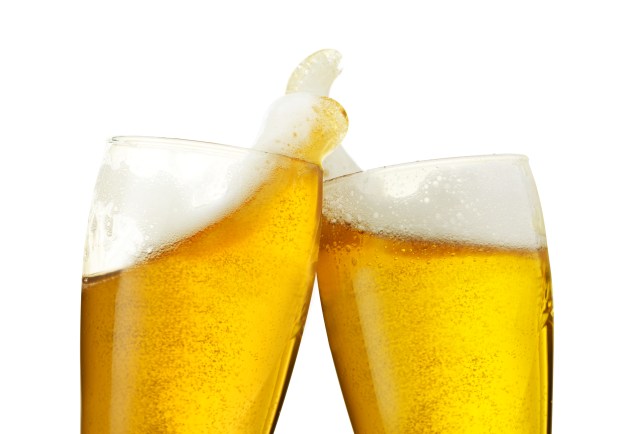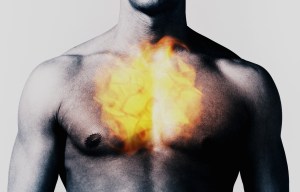Drinking TWO pints a day ‘lowers your risk of stroke – but any more than that could prove fatal’

BOOZING just a little bit can actually be good for your health, reducing your risk of suffering a stroke, experts revealed today.
Light to moderate alcohol consumption - that's no more than two drinks a day - lowers a person's risk of a blood clot cutting off oxygen supply to the brain.
However, researchers found alcohol has no effect on a the risk of haemorrhagic stroke - caused by a bleed in the brain.
Meanwhile, heavy boozing was found to increase the risk of all strokes.
Boffins at Cambridge University and the Karolinska Institutet in Sweden, said theirs are the first findings that show the effect drinking has on specific types of stroke.
Dr Susanna Larsson, lead author, said: "Our results showed that heavy drinkers were about 1.6 times more likely to suffer from intracerebral haemorrhage (when a blood vessel bursts in the brain) and 1.8 times more likely to suffer from subarachnoid haemorrhage (bleeding on the surface of the brain).
"The association between heavy alcohol consumption and these two types of stroke was stronger than that for ischemic stroke."
Related Stories
Ischemic stroke is caused by blood clots which block diseased or damaged cerebral arteries.
Hemorrhagic stroke occurs when a weakened blood vessel, such as an aneurysm, bursts and bleeds either within the brain (intracerebral) or - less commonly - into the space between two membranes that surround the brain (subarachnoid).
The researchers said the way alcohol affects the body may be behind the greater risk of some stroke but not others.
Dr Larsson said past studies have found booze lowers levels of a protein called fibrinogen.
This helps blood clots to form in the body, and so at lower levels blood is less able to clot and block the blood supply to the brain.
However, she noted alcohol consumption also increases blood pressure - a major risk factor for stroke - and so may increase the risk of a bleed on the brain, and "outweigh any potential benefit".
Researchers reviewed 25 studies on stroke, which included more than 20,000 cases.
The findings are published in the open access journal BMC Medicine.







